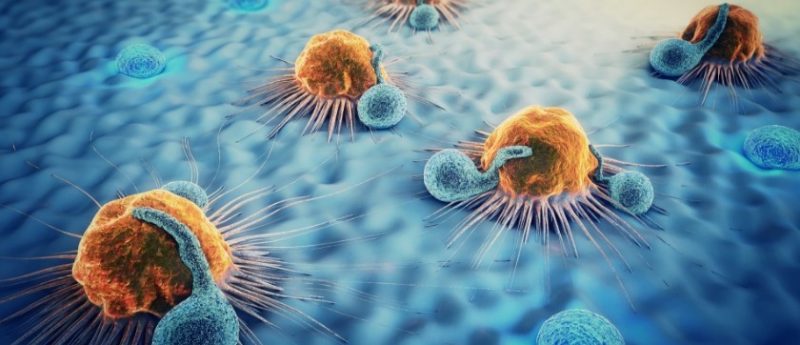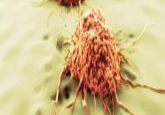Practice-changing breakthrough made for rare cancer

A novel chemotherapy strategy has improved cure rates for a rare cancer of the muscle tissue, termed rhabdomyosarcoma. The research was presented at the 2018 American Society of Clinical Oncology (ASCO) Annual Meeting held 1–5 June 2018 in Chicago (IL, USA).
The treatment strategy involves adding 6 months of low-dose maintenance chemotherapy after initial treatment. The researchers discovered that it improved cure rates for children with this rare type of cancer, furthermore it increased the 5-year survival rate from 73.7% to 86.5% (overall survival rates were 73.7% vs. 86.5%, respectively).
“We have been treating rhabdomyosarcoma the same way for more than 30 years, and although different approaches have been tried, this is the first randomized trial in rhabdomyosarcoma to show improved outcomes. By using existing medicines in new ways, we are establishing a new standard of care and, most importantly, we’re helping children and young adults with this rare cancer live longer, with less risk of their cancer returning,” explained lead study author Gianni Bisogno from the University Hospital of Padova (Italy) and the European Paediatric Soft tissue Sarcoma Study Group.
This trial enrolled patients 6 months to 21 years of age who were considered at high risk for recurrence due to having large tumors that are located in an area of the body that is difficult to treat.
After completing the standard initial treatment, 371 patients (79% of whom were 10 years old or younger) were randomly assigned to either stop treatment (the former standard of care) or receive 6 months of maintenance therapy with low doses of two chemotherapy medicines (intravenous vinorelbine and oral cyclophosphamide).
The findings of this trial have already changed the standard of care in Europe, where investigators shared the results with soft tissue sarcoma study group institutions in 14 countries. As the standard of care is somewhat different in the United States, there is a need for further study to understand how to integrate maintenance therapy into existing treatment protocols.



